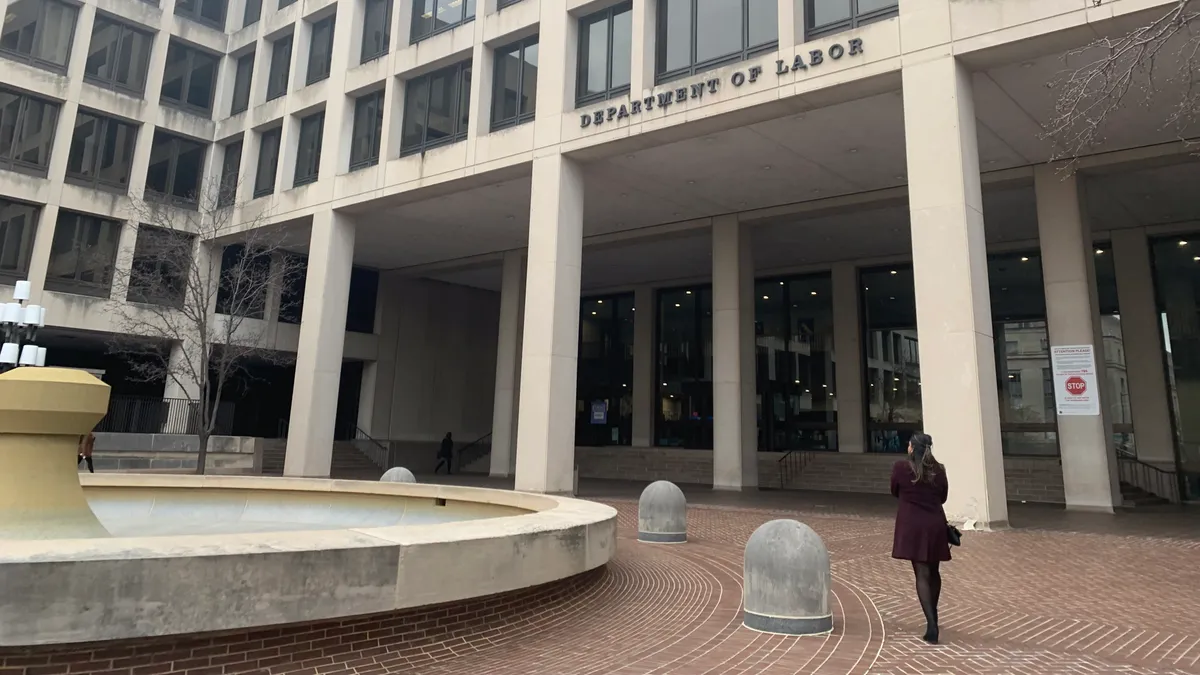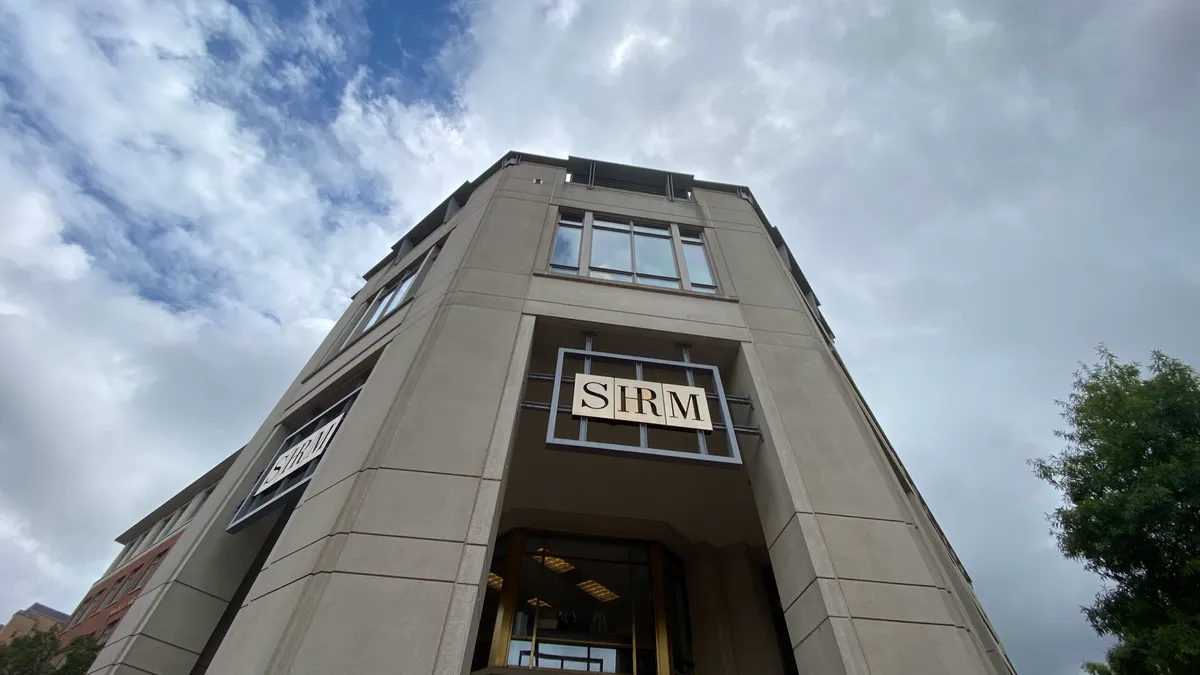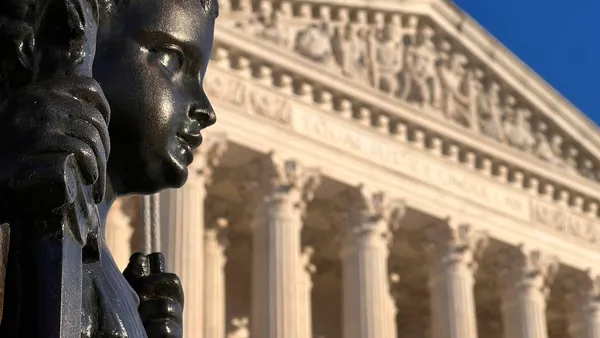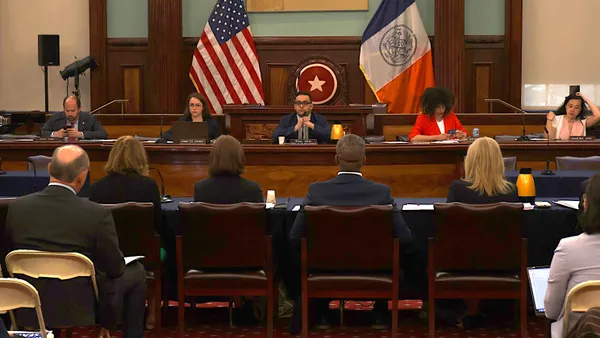Less than two months remain before the March 11 effective date of the U.S. Department of Labor’s independent contractor final rule, and legal challenges are mounting.
DOL unveiled the rule, which revises the department’s interpretation of the Fair Labor Standards Act’s classification provision, on Jan. 9. The rule institutes a “totality-of-the-circumstances” framework for analyzing independent contractor status based upon six nonexhaustive factors.
The rule is intended to protect vulnerable workers, DOL said at the time of the rule’s announcement. Groups including the Economic Policy Institute, a progressive think tank, previously estimated that a switch from employee status to independent contractor status may cost workers thousands of dollars in potential earnings.
5th Circuit stay revisited
It did not take long for business groups to respond. On Jan. 12, plaintiffs including the Coalition for Workforce Innovation and Associated Builders and Contractors moved to lift a federal court’s stay on an existing lawsuit against the Biden administration. That suit opposed the administration’s attempts to rescind the Trump administration’s own independent contractor final rule.
A district court judge found in favor of the business groups on the matter and held that the Trump-era rule had taken effect. The Biden administration appealed this decision to the 5th U.S. Circuit Court of Appeals, which stayed the case in 2022 pending completion of the Biden administration’s efforts to issue a new final rule.
In their Jan. 12 filing, the business groups asked the 5th Circuit to remand the case to the district court for consideration of whether the new final rule complies with the Administrative Procedure Act.
“In contrast to the clarity provided by the 2021 [rule], the [new rule] adopts a standard that is so vague, amorphous, and context-dependent, it provides virtually no certainty or assurance that any given worker is classified correctly as an employee or contractor,” the groups wrote. “The 2024 Rule overall improperly treats independent contractor status as disfavored and harmful to workers, contrary to longstanding Department policy under the FLSA, all in violation of the APA.”
One day later, the Biden administration filed a motion asking the 5th Circuit to vacate the district court’s previous judgment as moot.
“The publication of the new final rule renders moot the question whether the superseded rule had properly been delayed and withdrawn at an earlier stage,” DOL wrote. “Furthermore, the balance of the equities tips decisively in favor of vacatur of the district court’s judgment.”
A ‘surprising’ freelancer suit in Georgia
Following the revival of the 5th Circuit case, a group of freelance writers and editors filed suit against DOL Jan. 16 in the U.S. District Court of the Northern District of Georgia.
The workers alleged that the final rule “obscures the line between contractor and employee in an impenetrable fog” and “enables the Department’s enforcement officers and trial lawyers to label anyone performing services for another company to be deemed an ‘employee’ under essentially any circumstance.”
The plaintiffs seek a preliminary injunction of the rule as well as declaratory judgment holding unlawful and setting aside the rule.
“The Georgia lawsuit is a little surprising,” Matt Durham, partner at employer-side firm Dorsey & Whitney, said in an email to HR Dive. Durham added that he expected litigation against the rule by business groups, but the Georgia suit “was brought by individuals who are saying ‘no thanks’ to the protection being offered by [DOL].”
In a press call ahead of DOL’s announcement of the rule, Solicitor of Labor Seema Nanda said that the department is “very confident” in its final rule and is “certainly prepared to defend the rule if there are any challenges.”
“Employers should watch developments closely, and comply with the new rule unless the courts put it on hold, which is not unlikely,” Durham said.















